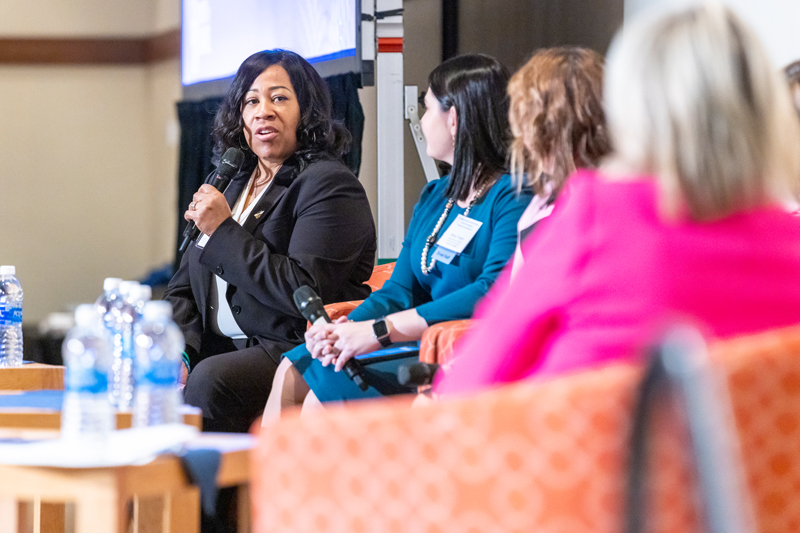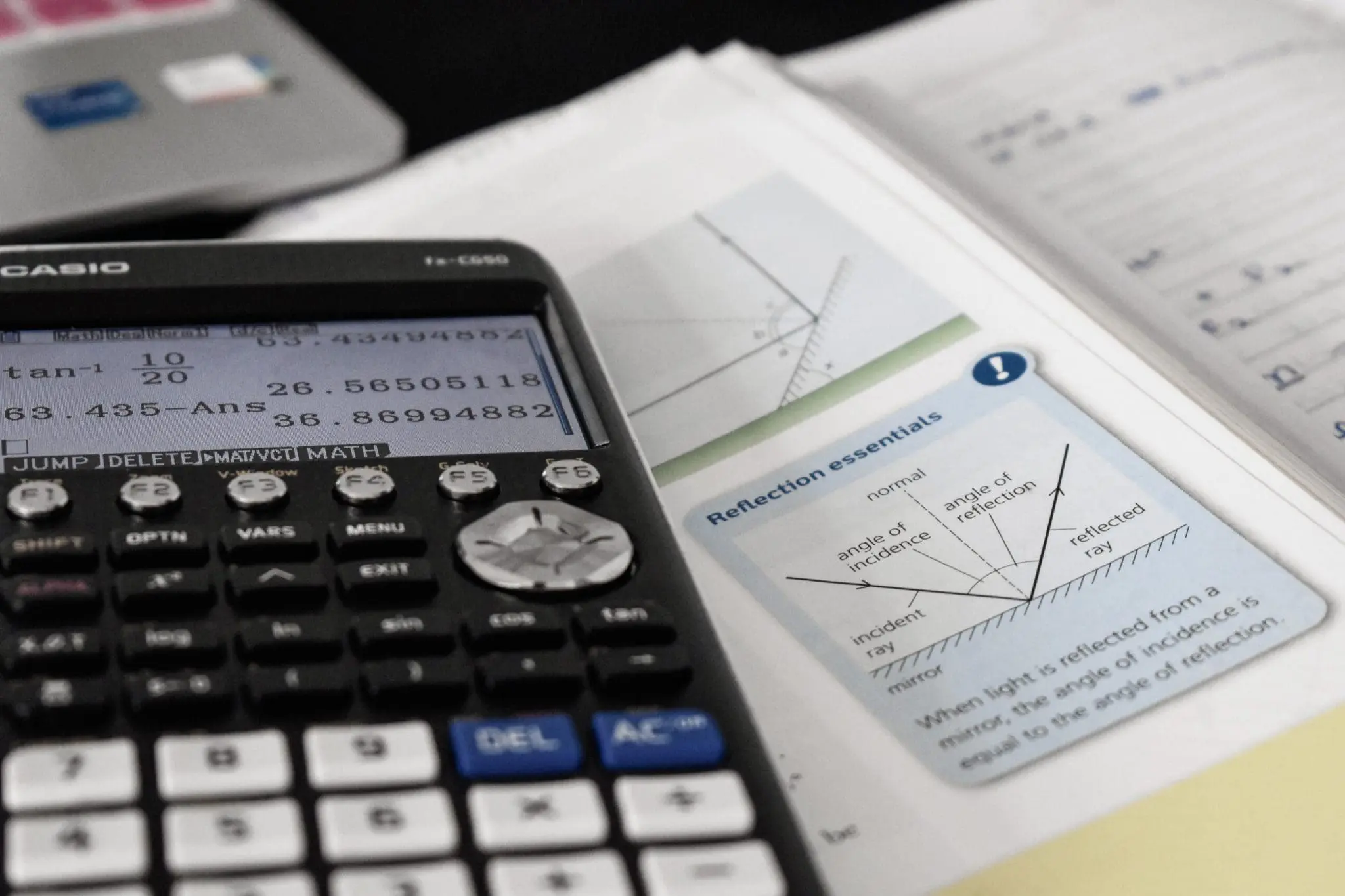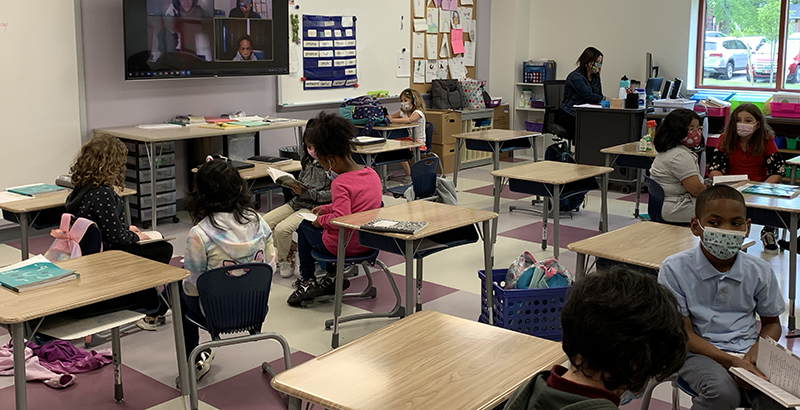Article by Jessica Henderson Photo courtesy of Mabel Boutte January 12, 2026
UD’s Principal Preparation Program celebrates 10 years of meaningful impact across Delaware schools and districts
Mabel Boutte, now a principal at Etta J. Wilson Elementary School in Pike Creek, Delaware, joined the University of Delaware’s Principal Preparation Program in 2016 hoping to make a greater impact at her school.
With research-informed coursework, an action research project, a real-world internship experience and a statewide cohort model, the program, housed in the College of Education and Human Development’s School Success Center (SSC), prepares leaders to make a difference in their schools, districts and communities.
“The program provided me with an authentic, hands-on opportunity,” Boutte said. “Through my internship, I had the opportunity to work with practitioners and analyze schoolwide initiatives, problem-solve and ask questions. It helped me build practical skills and the confidence to be a school leader. Those things have stayed with me.”
Through the program’s coursework and internship, Boutte studied topics like leadership strategies, school improvement methods and data-driven decision-making. Her culminating research project allowed her to apply her learning to a real-world challenge in her internship setting.
As principal, Boutte incorporates the skills she developed through the program into her everyday practice.
“Because of UD’s Principal Preparation Program, we have created a true culture of data-based decision-making at our school that directly improves student outcomes,” Boutte said. “We’ve worked intentionally to ensure that every instructional decision, whether in the classroom, grade or schoolwide, is grounded in evidence and focused on the needs of individual learners, as well as learners collectively. Our teachers are analyzing data regularly, they’re looking at student strengths and needs and we’re really working together to figure out how we can help students achieve.”
The work of Boutte and her team at Wilson Elementary has paid off. In 2023, the school was recognized by the Delaware Department of Education for closing the achievement gap between students’ performance and the state standards. Over the past two years, the school has continued to exceed expectations in academic achievement.
“I’m extremely proud of all of the hard work and effort we are putting in as a team to help our students improve,” said Boutte, who also graduated from UD’s master’s of instruction program before completing the Principal Preparation Program. “I am proud of our amazing staff and all we have accomplished in the past four years.”
Leading change across Delaware
Since 2015, the professional learning program has prepared nearly 150 school leaders for assistant principal or principal certification through one of the few remaining alternative routes to principal certification in Delaware.
Over the last 10 years, graduates like Boutte have thrived in their leadership roles due to the program’s real-world approach to learning. Its statewide cohort model also helps educators lead change across Delaware. This model allows a group of educators to move through the program together, learning with each other during and after the program.
“A cohort of educators who work in multiple schools and districts in rural, suburban and urban areas is fundamental to our participants’ learning,” said Alison Travers, assistant director of SSC’s Delaware Academy for School Leadership. “They’re not only working with our instructors and learning the content, but they’re also learning what those leadership concepts and practices look like in many settings by talking to their colleagues in the cohort.”
And, as Travers jokes, “once you’re a part of the Principal Preparation Program, you can’t leave this network.” The SSC offers leadership coaching to all participants once they begin their first assistant principal position, supporting them in the transition and helping them apply their skills on the job.
“Through the program, I’ve built so many relationships, and I’ve gained so many people that I can go to in the state,” said Boutte, who also mentors colleagues enrolled in the program. “The mentorship and networking components really helped me grow and learn.”
The program’s 10th cohort — a group of 24 aspiring leaders — graduated in December, joining alumni across the state. About two-thirds of the program’s nearly 150 graduates are currently in leadership roles across Delaware, with others engaged in the application and interview process.
“Participating in the Principal Preparation Program has been an incredible leadership journey for me,” said Paula Hutton, a Wilson Elementary School teacher, a member of the 10th cohort and one of Boutte’s mentees. “The support of the UD team, the depth of the coursework, and the mentoring I’ve received have all contributed to my confidence in stepping into an administrative position. Having Mrs. Boutte as my mentor, in an environment where student success and ongoing improvement drive every decision, has been especially rewarding.”




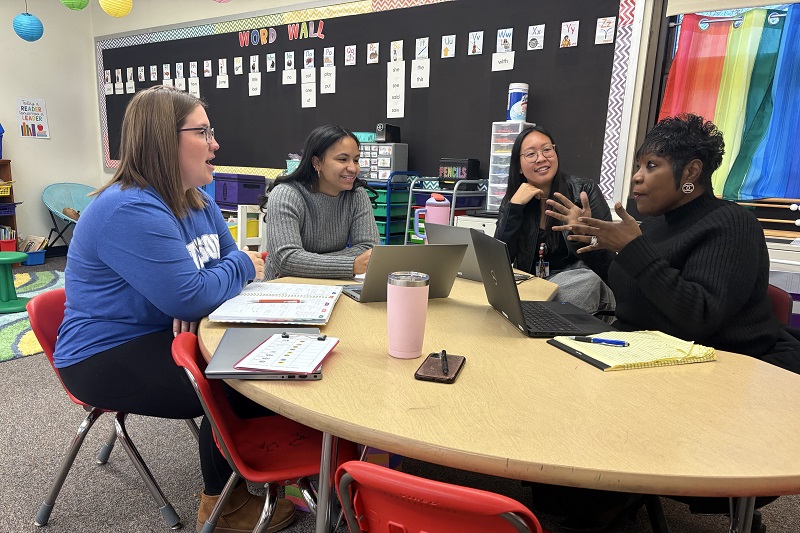

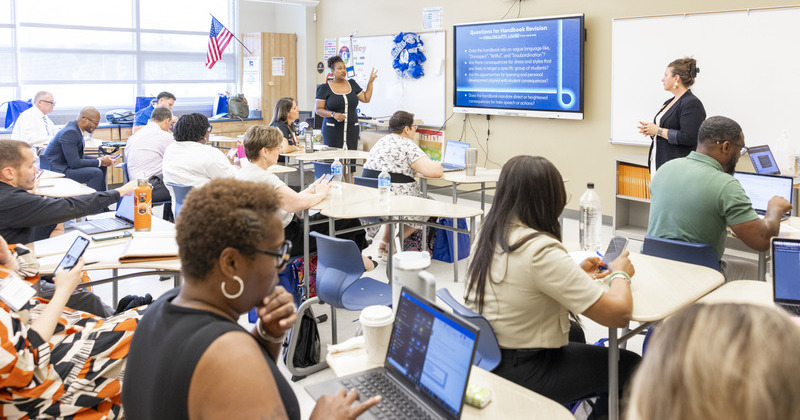
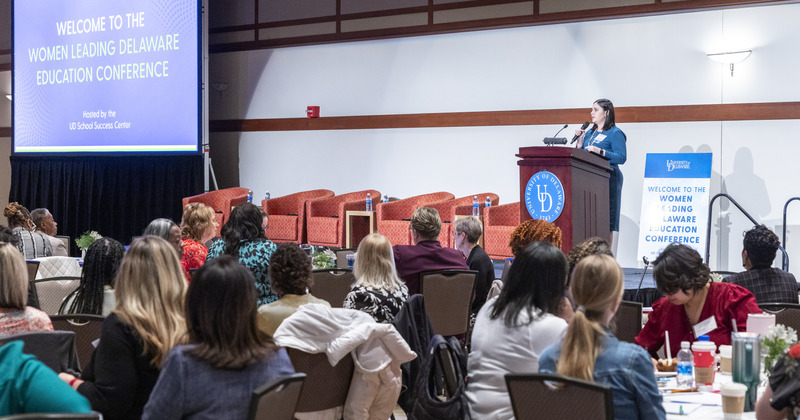
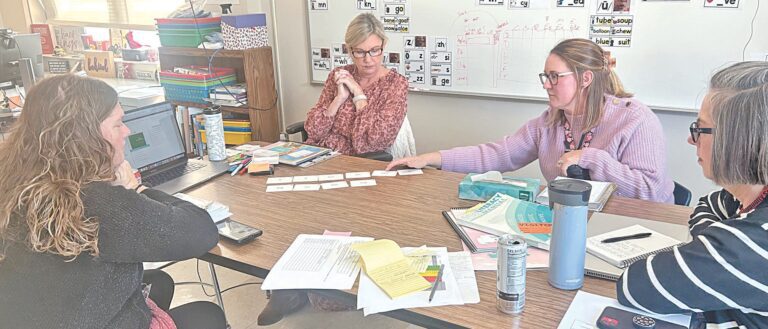
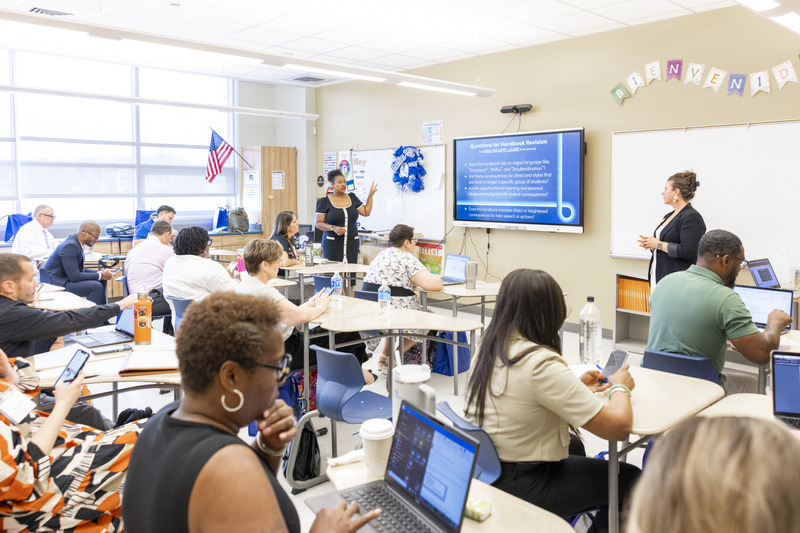
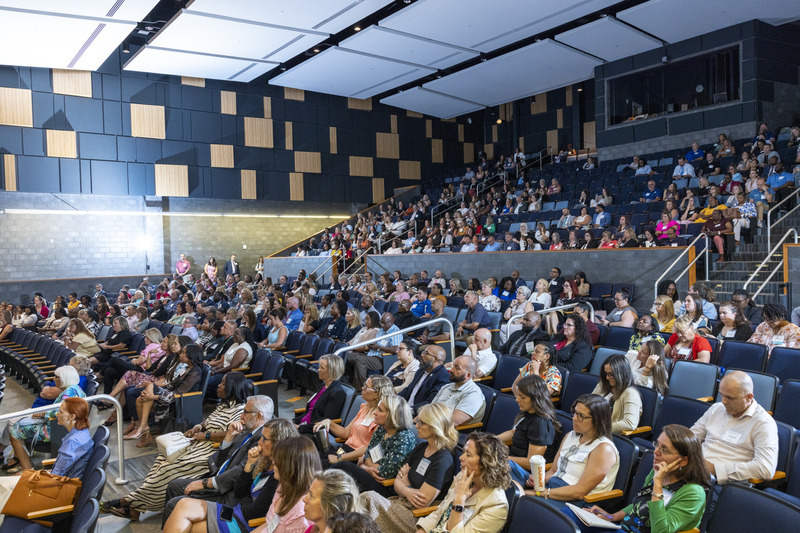
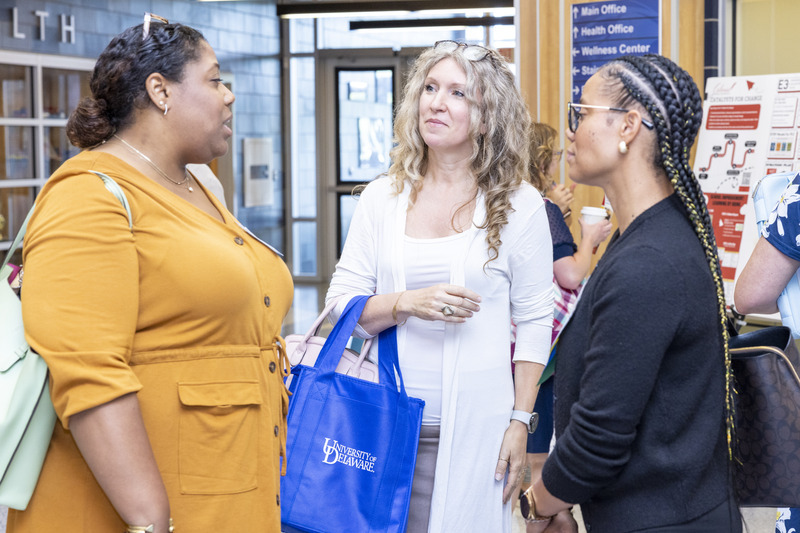
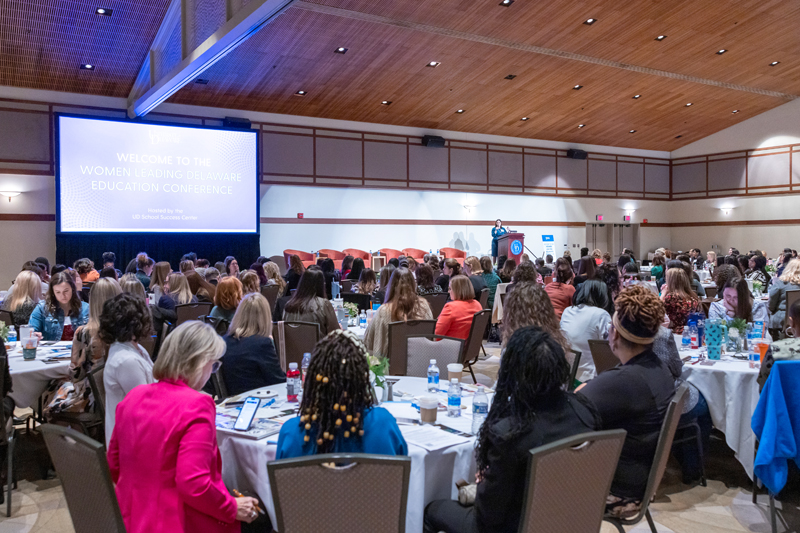
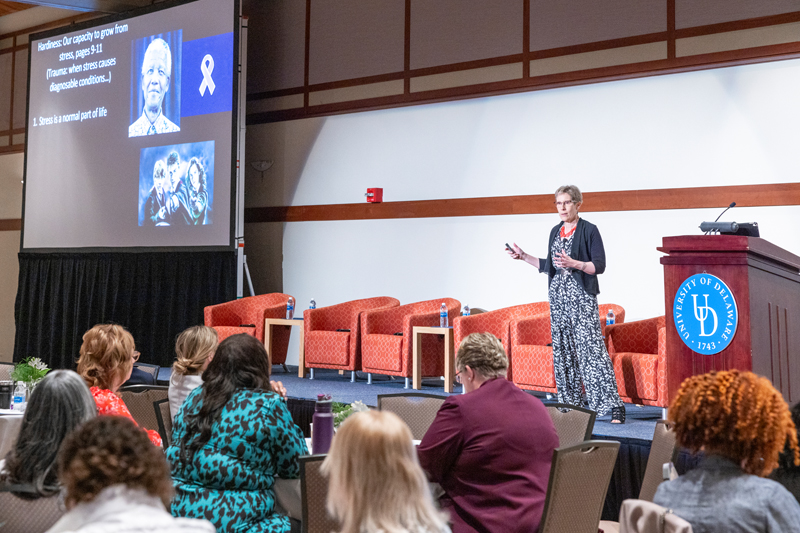 J
J